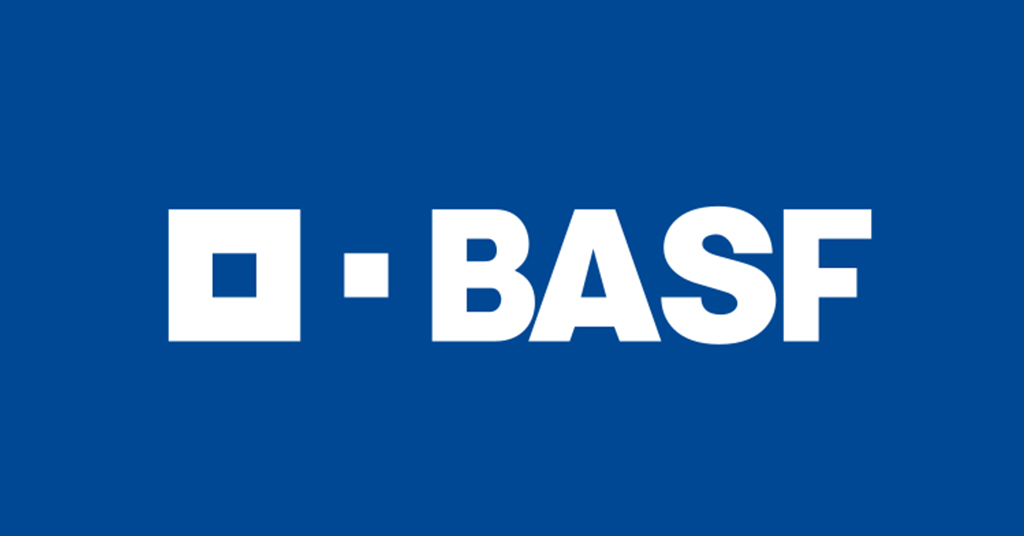Welcome To ChemAnalyst

BASF, a globally recognized producer of battery materials and an active participant in battery recycling, has recently announced its partnership with Stena Recycling, one of the leading recycling companies in Europe known for its comprehensive solutions in recycling and circular services. The two industry giants have signed a black mass purchase agreement, which is part of a broader collaboration aimed at establishing a battery recycling value chain for the European electric vehicle (EV) battery market.
The focus of this innovative collaboration is the development of enhanced black mass production processes. These sophisticated processes are designed to achieve high recovery rates for vital metals such as lithium, nickel, and cobalt. Black mass is a by-product generated from the mechanical treatment of end-of-life lithium-ion batteries and battery production scrap.
The battery recycling process commences with the collection, assessment, and pre-treatment of end-of-life lithium-ion batteries, followed by the production of black mass. These initial steps are crucial to the recycling process, setting the groundwork for the recovery of valuable metals.
In the subsequent step of the process, valuable metals such as lithium, nickel, cobalt, and manganese found in the black mass can be chemically recovered. After Stena Recycling in Halmstad, Sweden has collected end-of-life lithium-ion batteries and battery production scrap, and subsequently produced black mass, the black mass will then be further processed in BASF’s prototype metal refinery located in Schwarzheide, Germany.
Stena Recycling and BASF have ambitious plans to transfer this model into BASF’s proposed commercial-scale battery recycling metal refinery in Europe. This move represents a significant leap towards a more sustainable and efficient recycling process that aligns with the principles of circular economy.
The utilization of recycled metals in the production of new batteries significantly reduces the carbon footprint of a battery. This positive environmental impact makes the recycling process an attractive option for battery producers and EV manufacturers in Europe, who are constantly exploring ways to reduce their environmental impact and meet sustainability goals.
Under this collaboration, Stena Recycling will assume responsibility for the collection of end-of-life lithium-ion batteries and battery production scrap. They will also handle the dismantling and discharging processes, as well as the production of black mass. On the other hand, BASF will focus on recovering valuable metals from the black mass. The recovered metals can then be used to produce new cathode active materials for new lithium-ion batteries.
This partnership between BASF and Stena Recycling is a significant step towards achieving a more sustainable and efficient battery recycling process. By focusing on high recovery rates for vital metals and supporting closed-loop solutions for the European EV battery market, this collaboration represents a promising development in the quest for more sustainable energy solutions.
We use cookies to deliver the best possible experience on our website. To learn more, visit our Privacy Policy. By continuing to use this site or by closing this box, you consent to our use of cookies. More info.
